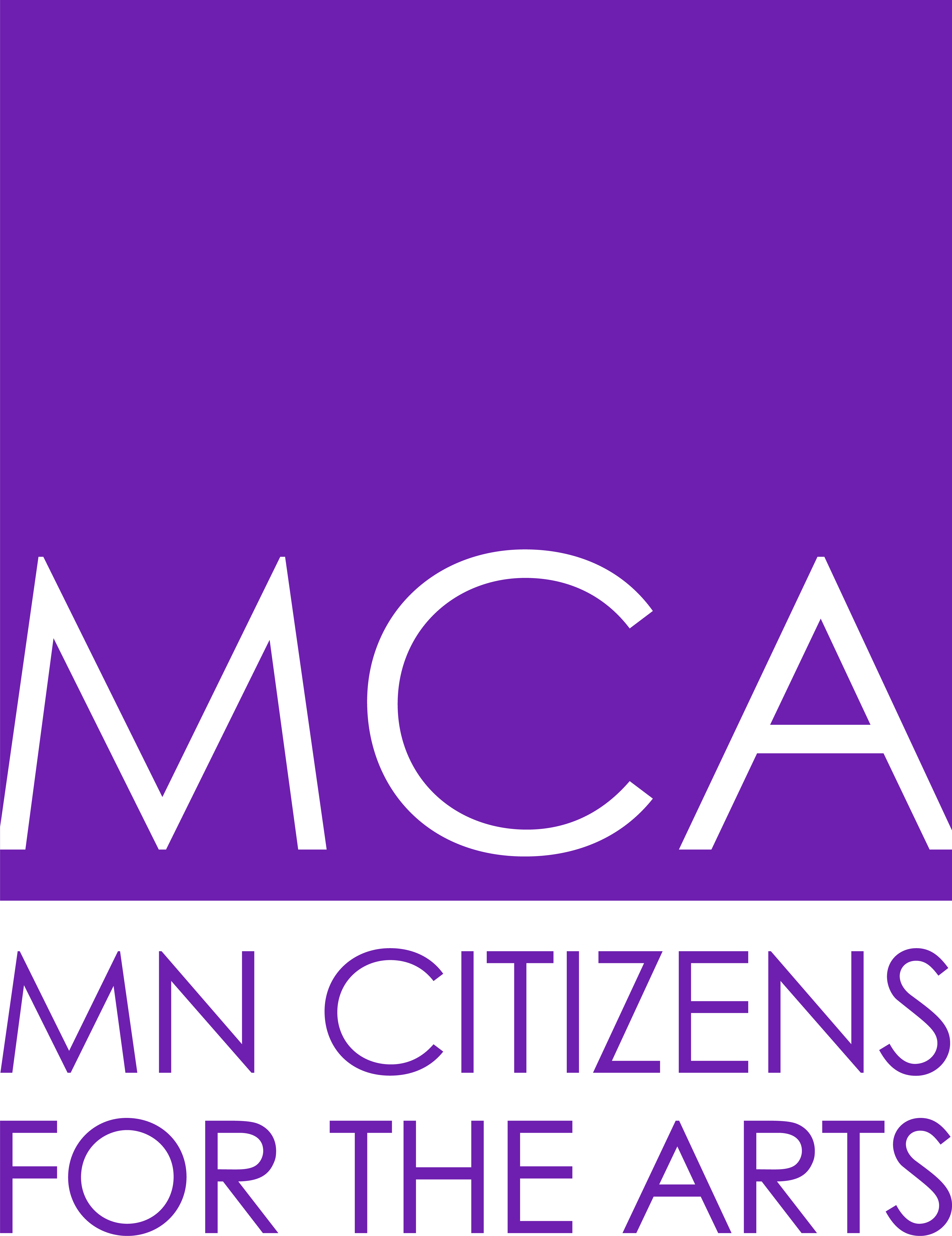Tips & Pointers
When calling your legislator, DO:
-Ask to speak with the aide handling your issue. Aides have the legislator’s ear, and are often very knowledgeable about your issue. Be sure to take down their name in case you need to reach your legislator again.
-
Be prepared and be brief. Keep notes handy and try to limit conversations to five minutes or less. And get your main points covered as close to the beginning of the conversation as possible.
-
Leave your name and contact info and make clear you’d like a reply. This helps aides respond with information on the legislator’s position.
-
Follow up your phone call with a brief thank you note, a concise summary of your position and additional information if it has been requested.
When calling your legislator, DON’T:
-
Bluff. If the legislator or aide asks you a question that you cannot answer, say that you will get back to him/her and then do the appropriate follow-up.
 Facebook
Facebook Instagram
Instagram YouTube
YouTube Twitter
Twitter Home Page
Home Page



 Facebook
Facebook Instagram
Instagram YouTube
YouTube Twitter
Twitter



